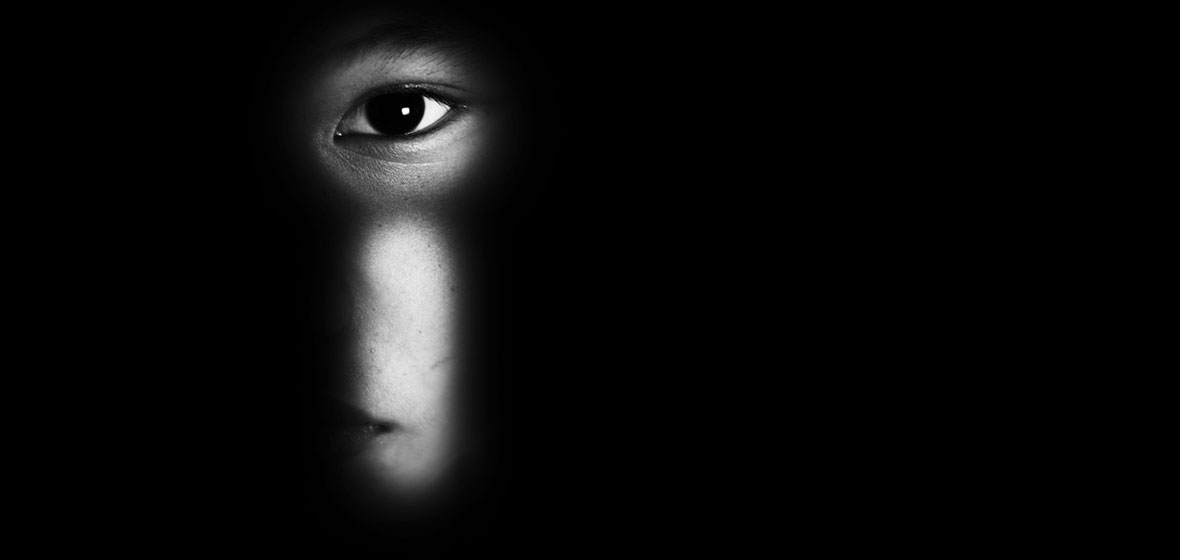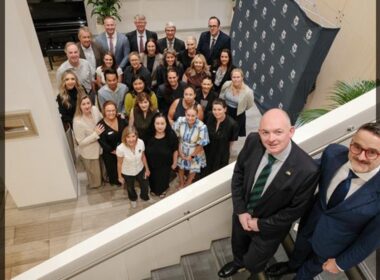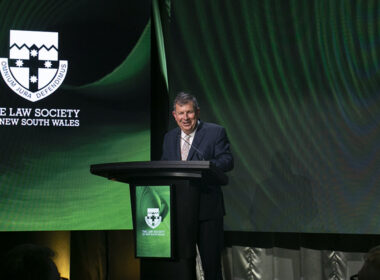Does a child under the age of 14 years know whether their actions are wrong? At common law, it is presumed that a child between 10 and 13 is not able to be held 'criminally responsible' for their conduct. This is the presumption of Doli Incapax.
In New South Wales, following the High Court decision in RP v The Queen (2016) 259 CLR 641 (RP v The Queen), the current position is that for the presumption to be rebutted, the prosecution must prove that the child knew their actions were ‘seriously wrong in a moral sense.’
In May, NSW Attorney General Michael Daley, appointed former Supreme Court Justice the Honourable Geoffrey Bellew SC and former NSW Police Deputy Commissioner Jeffrey Loy APM to undertake a review of the presumption in NSW. This came after an report by the NSW Bureau of Crime Statistics and Research found there had been a substantial decrease in proven offences for kids aged between 10 to 13.
The NSW Government has released the findings of that independent review. The report contains seven key recommendations including provision of further police training and guidance on doli incapax, passing legislation to codify the principles of doli incapax consistent with the findings in RP and amending the relevant legislation to address barriers for children accessing diversion processes and more.
Significantly, one of the recommendations was to provide NSW Police with other options including increasing access to diversion pathways. For less serious offending, a minor would become eligible for a caution or Youth Justice Conference by ‘not denying’ the offence rather than a need to ‘admit’ to the offending. The report identified that at present, at-risk youths receive no intervention or support at an early stage when the offending is ‘less serious.’
The government has already implemented steps to address youth offending including the introduction and extension of a strict bail test for young people who have allegedly committed repeat car theft and break and enter offences. The government has also introduced a ‘post and boast’ offence which criminalised the recording and sharing of footage of particular ‘serious offences.’
In the 2024-25 budget, the government provided over $100 million in additional youth justice funding.
NSW Attorney General Michael Daley said that “the Government thanks the reviewers for their considered recommendations. This review shows the current settings are not operating in the best interests of children or the broader community.
“We don’t want a situation where children are left without any intervention when charges are dismissed or withdrawn, only to come back before the courts because they were not supported to change their behaviour.”
The government will now consider the contents of the report.
The Law Society of NSW was consulted, and contributed a submission to the review. A copy of the submission can be found here.




